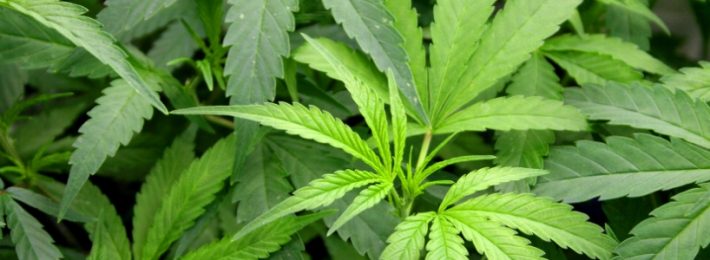DOHA Appeals Involving Marijuana Use are on the Rise

Recently, I have noticed the number of appeals submitted to the Defense Office of Hearing and Appeals (DOHA) where security clearance eligibility was denied based on marijuana use. It seems many applicants think because it is legal in their state or because it has been federally decriminalized, it is not an issue for them to get a security clearance and still use it. There has also been an uptick in current security clearance holders using marijuana despite numerous ODNI policy issuances warning them not to.
The ease with which to obtain marijuana and an increase in number of people using are contributing factors for the increase in security clearance revocations and denials. Here are highlights of recent DOHA cases were the denials were upheld based on marijuana use:
WRyan ckhile Applicant’s use of marijuana was not frequent, once 30 years ago and once in August 2020, but it was recent. Troubling is his claimed ignorance of his company’s drug policy for whom he has worked for over 30 years, while holding a security clearance for at least 18 of those years. He also failed to provide a signed statement of his intent not to use marijuana in the future.
Another applicant said he used marijuana from June 1994 (estimated), to February 2019, for recreational purposes on a daily basis for several months “interspersed with years of abstinence.” He did not use marijuana while holding a security clearance or a sensitive position. He said, “I do not want to jeopardize my career or national security. If this substance becomes permissible to use while employed with a secret clearance at some point, I may consider using it again.
Lastly, this applicant was a recreational substance abuser whose primary substance of choice was marijuana – a Schedule I Controlled Substance. He started casually smoking marijuana several times per week in November 2016 and continued such use through at least January 2020 when he completed his SF-86. At that time, he candidly indicated an intention to continue using marijuana in anticipation of such use becoming legalized.



Some reactions:
The first one (the one who claimed ignorance) is a pretty clear case for denial in my opinion Interesting about the statement, though; sounds like they requested one which was not provided.
The second case is a little less clear to me, although it seems that if this person admitted to smoking weed up until Feb 2019 and the case has already been heard and denied, it sounds like there may not have been much time from the last use to when they applied for the clearance. That’s a problem, along with the rather casual admission that he still would like to smoke. Honest, perhaps, but not a good move at this stage.
The last case reflects an innovative approach to the law… continue violating existing laws in anticipation that they may be changed in the future.
What is interesting about all these cases is the bit about future intent. Does that fall under any of the adjudicative guidelines? I mean, I’m sure there’s something in there about likelihood of future use but is there a policy requiring a clear statement that the applicant does not intend to continue?
With the third case the possible use again was stated as conditioned upon it becoming legal at the Federal level. I see nothing wrong with that. This person says if it were no longer illegal he might do it. If it is ever legal at the Federal level then I do not see a problem with this person then using it again.
As far as people living in states where it is legal using it and that being a problem getting a clearance down the road, the government needs to change the policy. I know that there are officials very aware that the current policy is a problem. If someone doesn’t already have a clearance, chances are they do not realize that there is any legal consequence to using a substance that is legal to use at the state and local level. Using Marijuana legally is not an accurate prediction that this person would break the law knowingly in the future.
However, I do not believe anyone with a clearance currently can truly not realize it is still illegal for them to use Marijuana under any situation.
When I started this work 11 years ago gay marriage and homosexuality in the military was an “issue”. Now it’s a non issue. I think MJ use is very close to going the same way and it will open up the labor pool of potential employees/clearance holders greatly. The boomers are retiring in mass and someone needs to replace them.
Actually there is no mass wave of federal retirements although it has been predicted for some years now. And with fewer and fewer feds covered by the old retirement plan which made retiring at age 55 very attractive… not to mention inflation which is just getting warmed up… I dont expect to see one.
There are a lot of people with clearances who used to smoke weed… they just had to stop their use well before applying; also helps if they were not chronic users. I dont see a vast new pool opening up. But overall @Weeble is correct, the standards are changing and I expect them to change more over the next couple years.
But just as excessive alcohol use/abuse is a concern, there will be a similar standard for legal marijuana use.
I would agree with this. Too many people with advanced degrees and useful experience in the STEM fields who openly enjoy MJ and aren’t willing to give it up or lie about using it in pursuit of a clearance. Something’s gotta give, the cleared world is losing the talent acquisition+retention game to other industries that pay more and require fewer restrictions on peoples’ personal lives. Heck my company can’t find people who are willing to work on-site, let alone people with the whole package (work on site / useful experience / cleared).